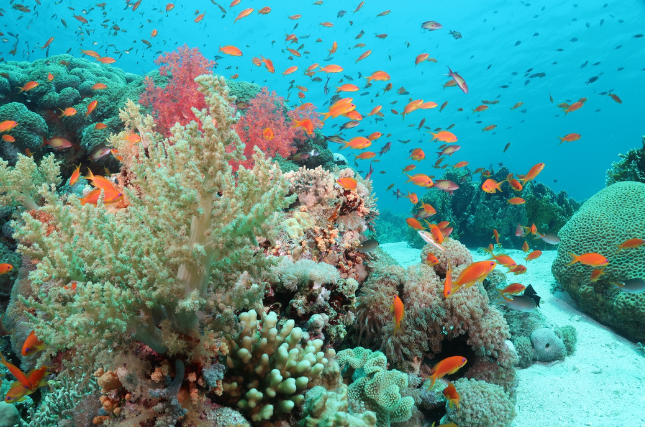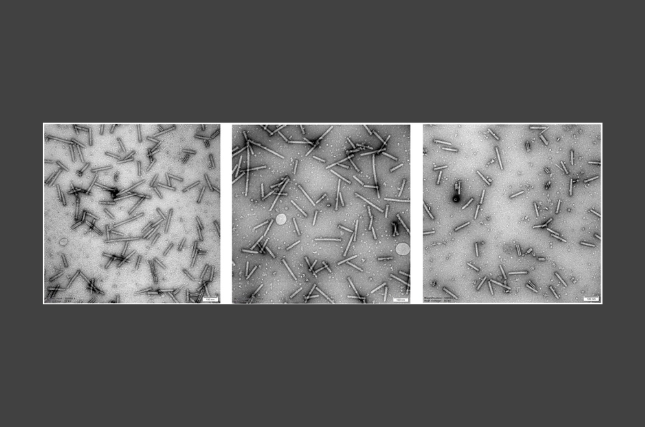
October 3, 2025 – While coral reefs globally are dying due to rising ocean temperatures, Gulf of Aqaba corals have withstood four consecutive and intensifying marine heatwaves, including the world’s most extreme 2024 event, without suffering mass bleaching—a resilience unmatched elsewhere.
The findings, published in Science of the Total Environment, reveal that Gulf corals in the Northern Red Sea endured four consecutive summers of intensifying marine heatwaves. This includes a record-breaking 2024 event that lasted 113 days with sea surface temperatures soaring to 32.6°C—about 90.6° F—3.4°C degrees above average and generating 30°C Degree Heating Weeks (DHWs), the highest thermal stress recorded globally in 2024.
Coral reefs are biodiversity hotspots that sustain millions of livelihoods, from fisheries to coastal protection. Yet marine heatwaves—prolonged periods of unusually warm sea surface temperatures—are now one of the primary drivers of coral mortality worldwide.
In the study, researchers Na’ama-Rose Kochman and Prof. Maoz Fine of HU’s Alexander Silberman Institute of Life Sciences and the Interuniversity Institute for Marine Sciences in Eilat have uncovered this extraordinary resilience in the Red Sea area, raising hopes for the future of this globally significant coral reef amid worsening climate change.
Key Findings:
- Survival through record stress: Five coral species survived the world’s most extreme 2024 heat event without mass bleaching.
- Energy resilience: Corals maintained stable energy reserves, with higher symbiont carbohydrates in 2024 compared to previous years.
- Species responses: Porites showed metabolic stability, while Cyphastrea experienced stress but recovered within months.
- A climate refuge under pressure: Despite remarkable tolerance, sporadic shallow bleaching suggests the Gulf may be reaching its limit.
“While nearly half of reef-building corals worldwide face the risk of extinction, our study shows that the Gulf of Aqaba remains one of the last strongholds of reef survival,” says Na’ama-Rose Kochman. “But even this refuge is not immune to the accelerating pace of climate change and local pollution.”
Prof. Fine says, “These results highlight both the resilience and the fragility of coral ecosystems. They underscore the urgent need for regional conservation policies to safeguard what could be the world’s last thriving coral reef.”
The resilience of the Gulf of Aqaba corals offers a rare glimmer of hope. Scientists emphasize, however, that without rapid climate action and local protections, even this stronghold may not withstand future warming.
The research paper titled “Gulf of Aqaba as a thermal refuge: Insights from four years of intensifying marine heatwaves” is now available in Science of the Total Environment and can be accessed here.
This research was funded by USAID grant (MERC M38-013) granted to Maoz Fine.
Researchers:
Na’ama-Rose Kochman1,2, Maoz Fine1,2
Institutions:
- Department of Ecology, Evolution, and Behavior, The Alexander Silberman Institute of Life Sciences, The Hebrew University of Jerusalem
- The Interuniversity Institute for Marine Sciences, Eilat




